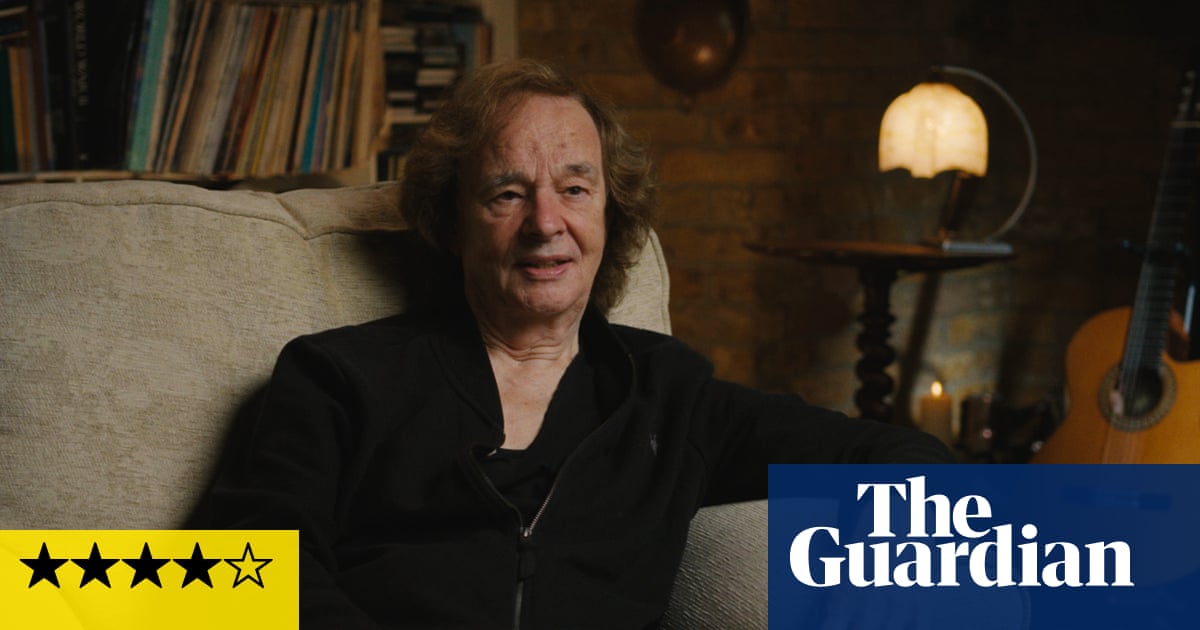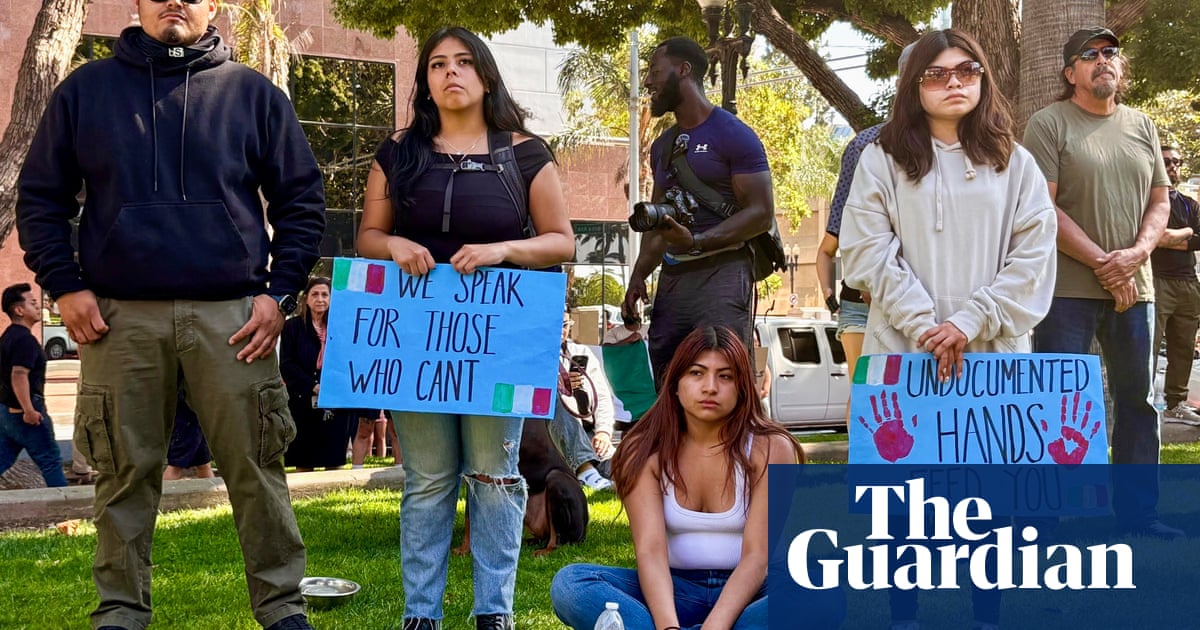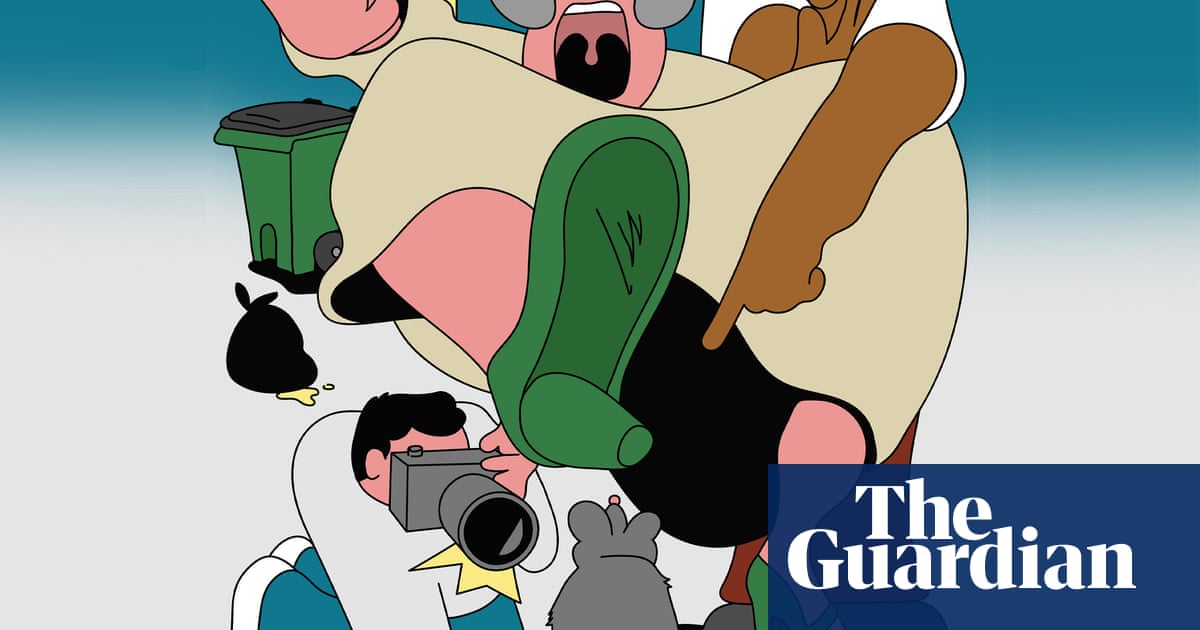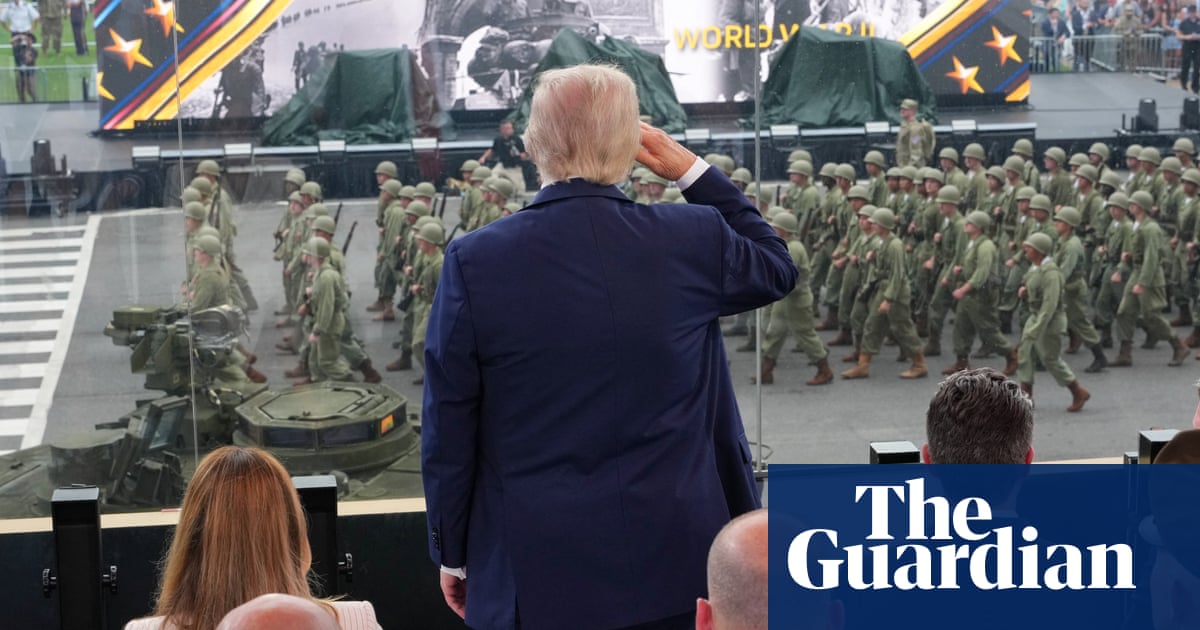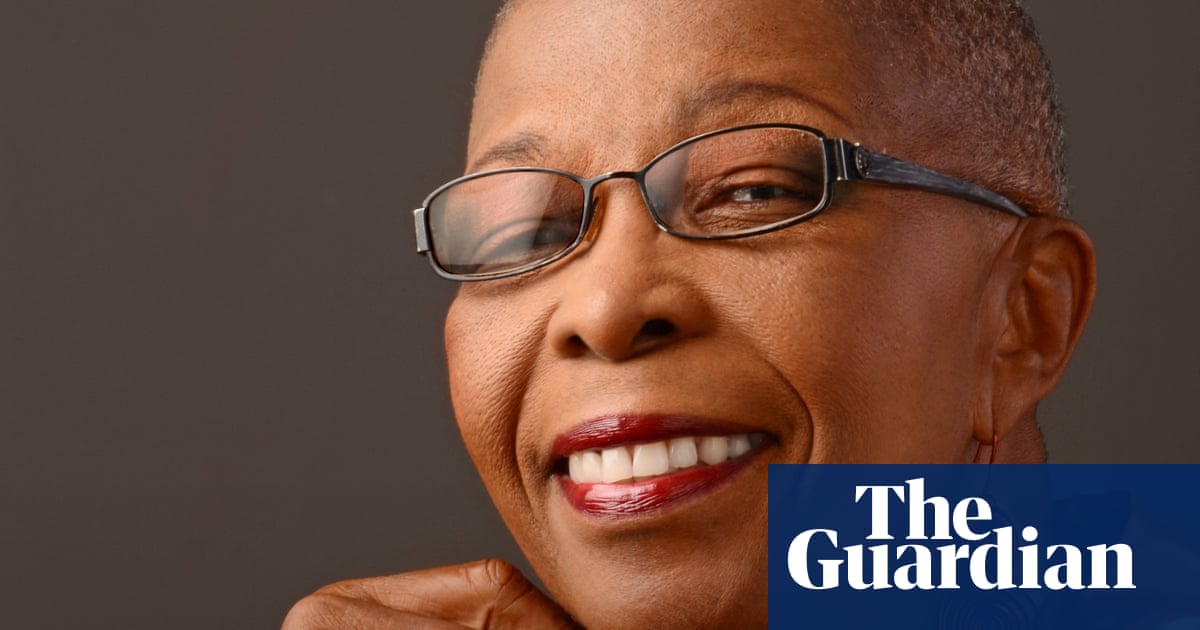Two people have been killed and dozens injured after protests in Kathmandu calling for the restoration of Nepal’s monarchy ended in clashes with police.
Thousands of protesters rallied in Nepal’s capital on Friday to demand a return to the Hindu monarchy, which was abolished in 2008, and the re-establishment of the country as a Hindu rather than secular state. Pro-democracy and republican groups held a counter-protest that passed peacefully.
The pro-royalist movement is calling for the return of Gyanendra Shah, who was Nepal’s last reigning monarch and still has a loyal following in the country.
Support for the pro-monarchy movement has surged recently as Nepal grapples with ongoing political and economic instability that has led to widespread dissatisfaction with the government.
Friday’s protests took a violent turn after pro-royalists broke through police barricades and began throwing stones at officers. The police responded by firing teargas into the crowds and shooting rubber bullets and live ammunition into the air.
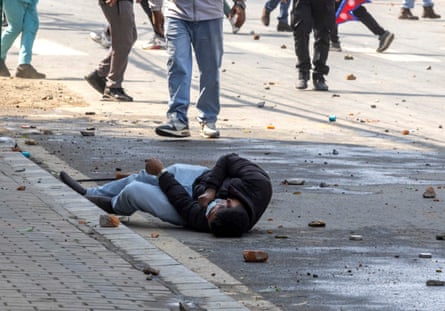
Chaos engulfed the streets as the royalist protesters began to vandalise homes and shops and torched buildings. Several political party headquarters were vandalised, as were the offices of a prominent newspaper and a TV news channel.
The police spokesperson Shekhar Khanal said 17 people had been arrested so far. “When the protesters tried to force their way past the restricted area, the police had no choice but to use teargas. Following this, the protesters then resorted to vandalism and arson,” he said.
One protester was killed in the clashes and pronounced dead on arrival at hospital. A journalist was killed when a building was set alight.
The government declared a curfew in areas of the capital and security personnel were deployed on the streets. Nepal’s prime minister, KP Sharma Oli, called an emergency cabinet meeting to discuss the security situation.
Royalist protesters claimed the police had acted first against the protesters. “Right now, we are not demanding the return of the monarchy, we are advocating for the institution of the monarchy,” said Ravi Shrestha, who was among the protesters. “The situation escalated beyond control because of police suppression.”
The protests were the largest since 2023 and demonstrated the growing base of support for the return of the king in Nepal. Earlier this month, upwards of 10,000 supporters gathered at Kathmandu airport to celebrate Gyanendra’s arrival in the capital, with cries of “bring back our monarch”.
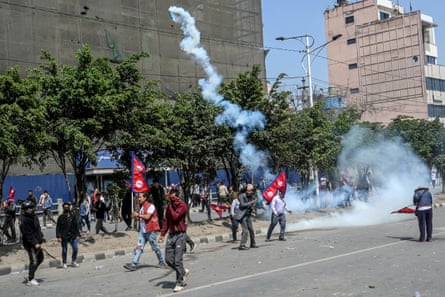
In a statement before the protests, the committee for the restoration of monarchy emphasised they were calling for the return of a “constitutional monarchy” that would coexist with the democratic government and would have a “parental role above politics”.
after newsletter promotion
Gyanendra remains a controversial figure. He was crowned in 2001 after most of his family were killed in a mass shooting at their home, and initially ruled as more of a ceremonial head of state, with no executive powers. But, in 2005, he seized absolute power, dissolving the government and jailing politicians. He declared a state of emergency and deployed the army to run the country.
After massive protests rocked the country, he was forced to hand over the governing of the country to a democratically elected government in 2006. In 2008, the parliament voted to abolish the monarchy altogether.
In the years since, Nepal has experienced continuing political instability, with weak coalition governments regularly only lasting a matter of months before being toppled, and senior politicians being engulfed in corruption scandals. Anger at the political system has been steadily rising, and this has been capitalised on by the pro-monarchy movement.
Sunita Chudal, from Jhapa, was among those who protested for the abolition of the monarchy in 2006, and recalled shouting slogans in the streets calling Gyanendra a thief. Now she is among those calling for his return.
“I have joined this movement, not because I believe the king will return and make things better, but because of the way corruption and degradation have increased in the country, and how our children are being forced to migrate abroad,” she said.
“I am so disillusioned that I had no choice but to take to the streets.”

 2 months ago
47
2 months ago
47


